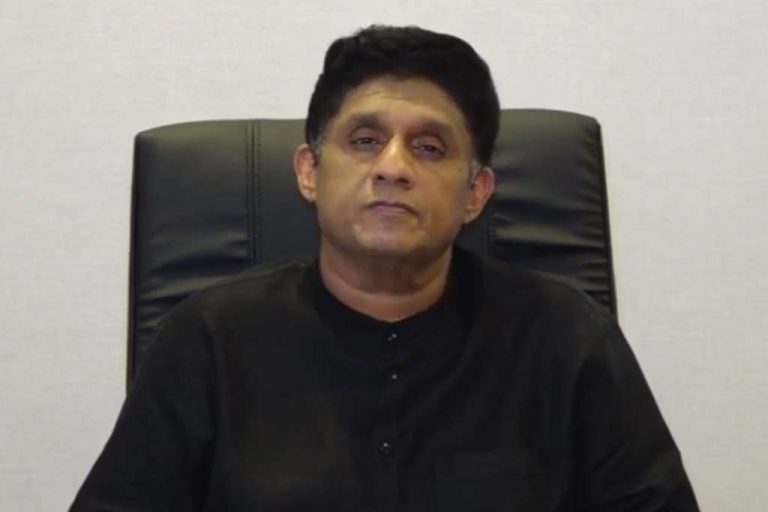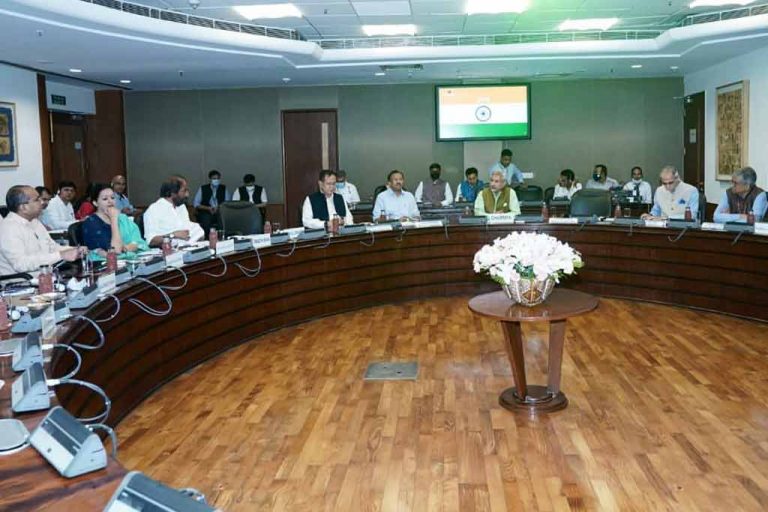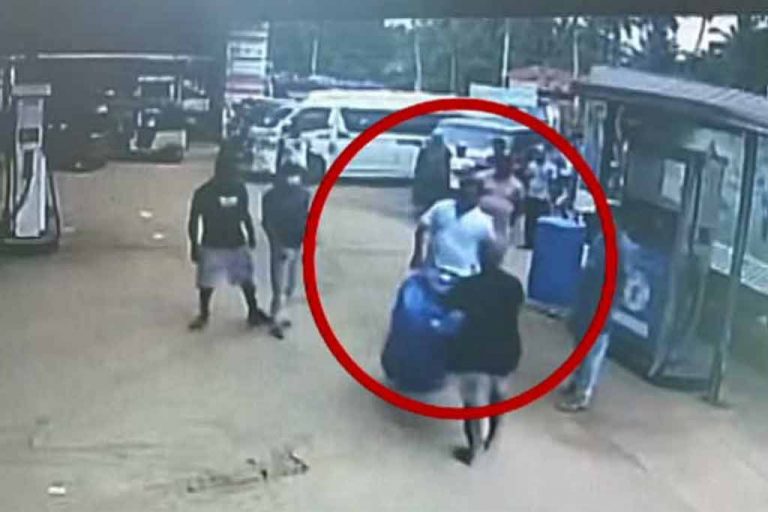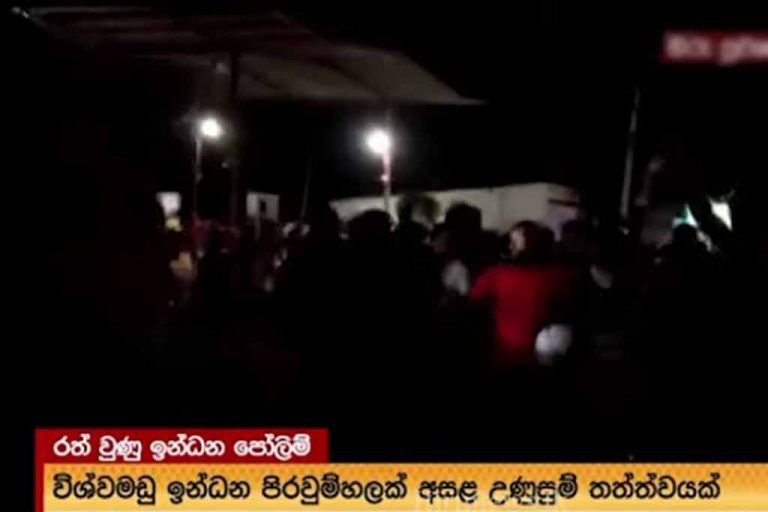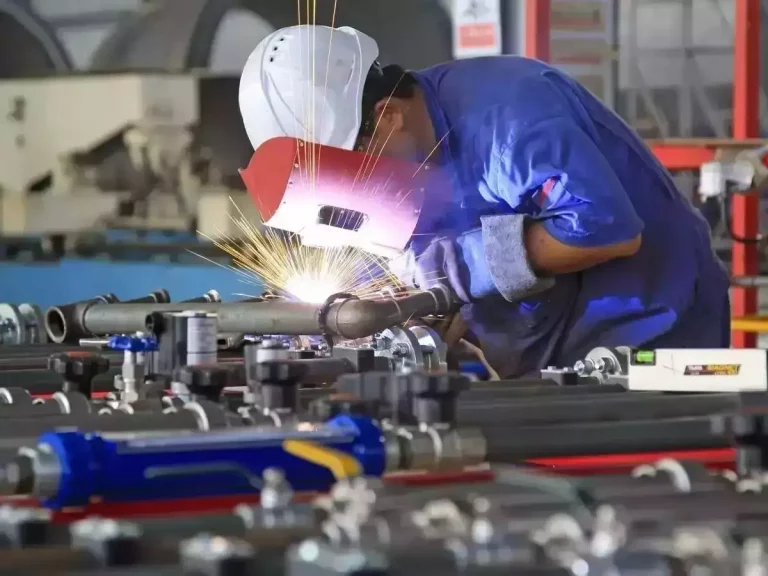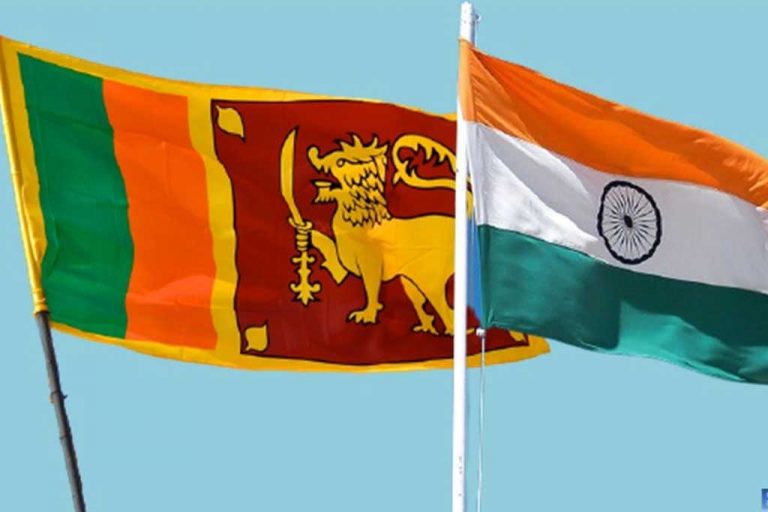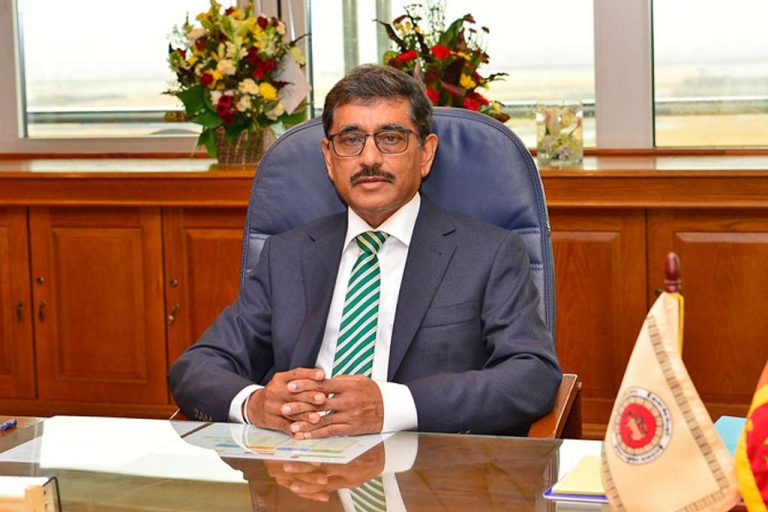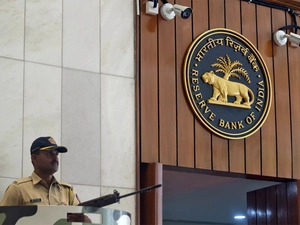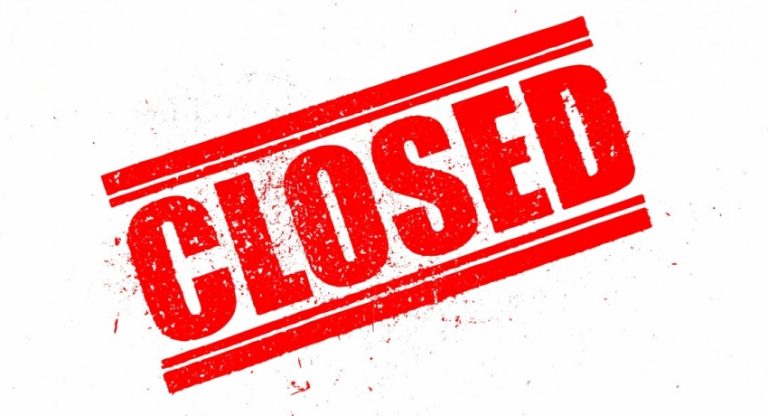The trade deficit contracted on a month-on-month basis for the fourth consecutive month in April 2022, supported by the policy measures that were aimed at discouraging non urgent imports, Central Bank’s external sector report revealed.
The deficit in the trade account narrowed to US dollars 729 million in April 2022, compared to the deficit of US dollars 889 million recorded in April 2021.
However, the cumulative deficit in the trade account during January-April 2022 widened to US dollars 3,131 million from US dollars 2,948 million recorded over the same period in 2021.
Terms of trade of the ratio of the price of exports to the price of imports, deteriorated by 10.6 per cent in April 2022, compared to April 2021, as the increase in import prices surpassed the increase in export prices.
Earnings from merchandise exports in April 2022 increased by 18.5 per cent over April 2021, recording at US dollars 970 million.
An increase in earnings was observed in industrial exports and agricultural exports, while a decline was recorded in mineral exports.
The cumulative export earnings increased by 11.0 per cent during January-April 2022 over the same period of last year, amounting to US dollars 4,219 million.
: Total earnings from the exports of agricultural goods in April 2022 increased by 7.3 per cent, compared to April 2021. This increase was mainly attributed to exports of coconut products (mainly, coconut fibre, coconut oil and desiccated coconut), minor agricultural products (mainly, areca nuts, sesame seeds and plants and parts of plants) and seafood.
Export earnings from tea in April 2022 increased marginally by 1.5 per cent (y-o-y) mainly driven by the increase in volumes amidst low prices. Meanwhile, earnings from unmanufactured tobacco, spices(mainly, pepper and cloves) and vegetables, recorded decreases in April 2022.
Mineral exports earnings in April 2022 nearly halved compared to April 2021, mainly due to a decline in export earnings from titanium ores categorised under ores, slag, and ash.
Earnings from the export of industrial goods increased in April 2022 by 21.9 per cent, compared to April 2021 with the greatest share for the overall increase being contributed by garments and petroleum products. However, a decline in earnings was reported in the categories of printing industry products and plastics products.
Expenditure on merchandise imports marginally declined by 0.5 per cent to US dollars 1,699 million in April 2022, compared to US dollars 1,707 million recorded in April 2021.
A decline in expenditure was observed in import of non-food consumer goods and investment goods, while an increase was recorded in import of food and intermediate goods.
The restrictions imposed by the Government on the importation of non urgent goods and the impact of large depreciation of the exchange rate may have contributed to this decline.
On a cumulative basis, total import expenditure amounted to US dollars 7,350 million during January – April 2022, recording an increase of 8.9 per cent (y-o-y). Sri Lanka’s imports fell 0.5 percent from a year earlier as interest rates were raised and investment goods and non-food consumer goods fell faster than an increase in the oil bill, official data showed.
Sri Lanka’s fuel imports went up by 96 million dollars from a year ago in April 2022 to 510 million US dollars, while investment goods imports fell 87 million US dollars or 24 percent to 266.3 million US dollars.
Building material imports fell 22 percent to 75.6 million US dollars in April and non-food consumer goods imports fell 43 percent to 87.9 million dollars.Sri Lanka’s exports also grew 18.5 percent from a year earlier to 969.8 million US dollars.

